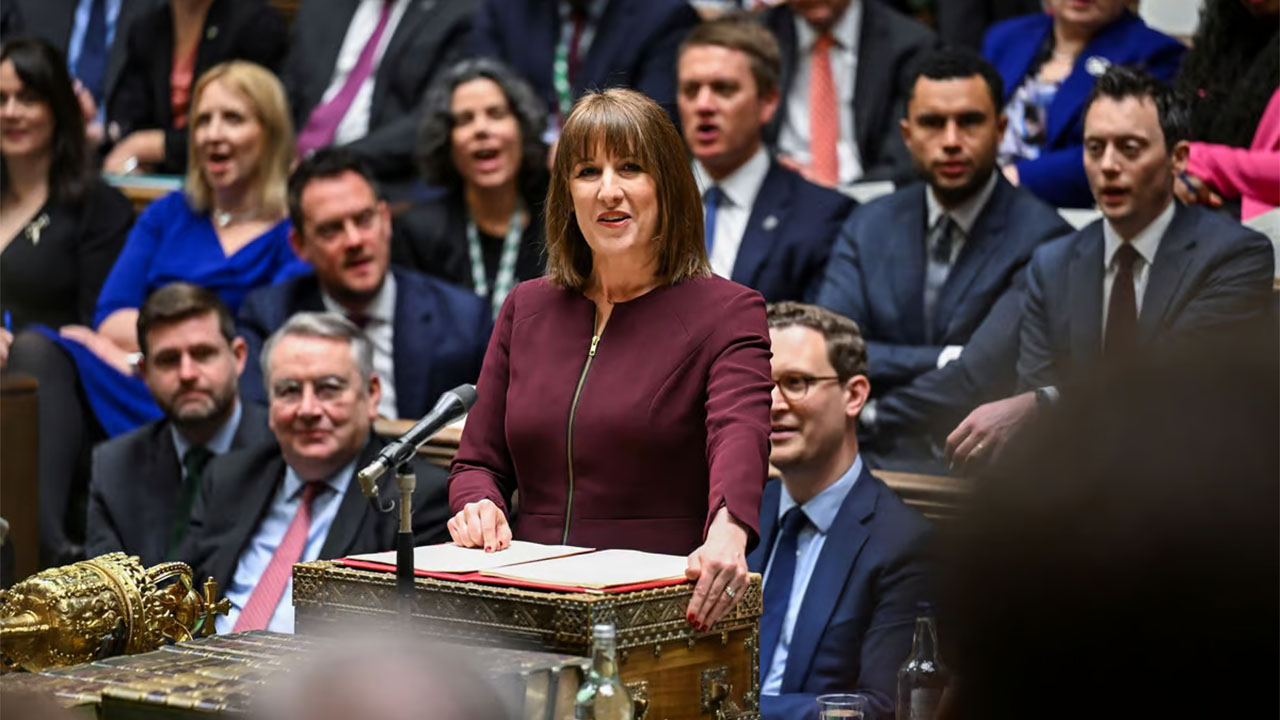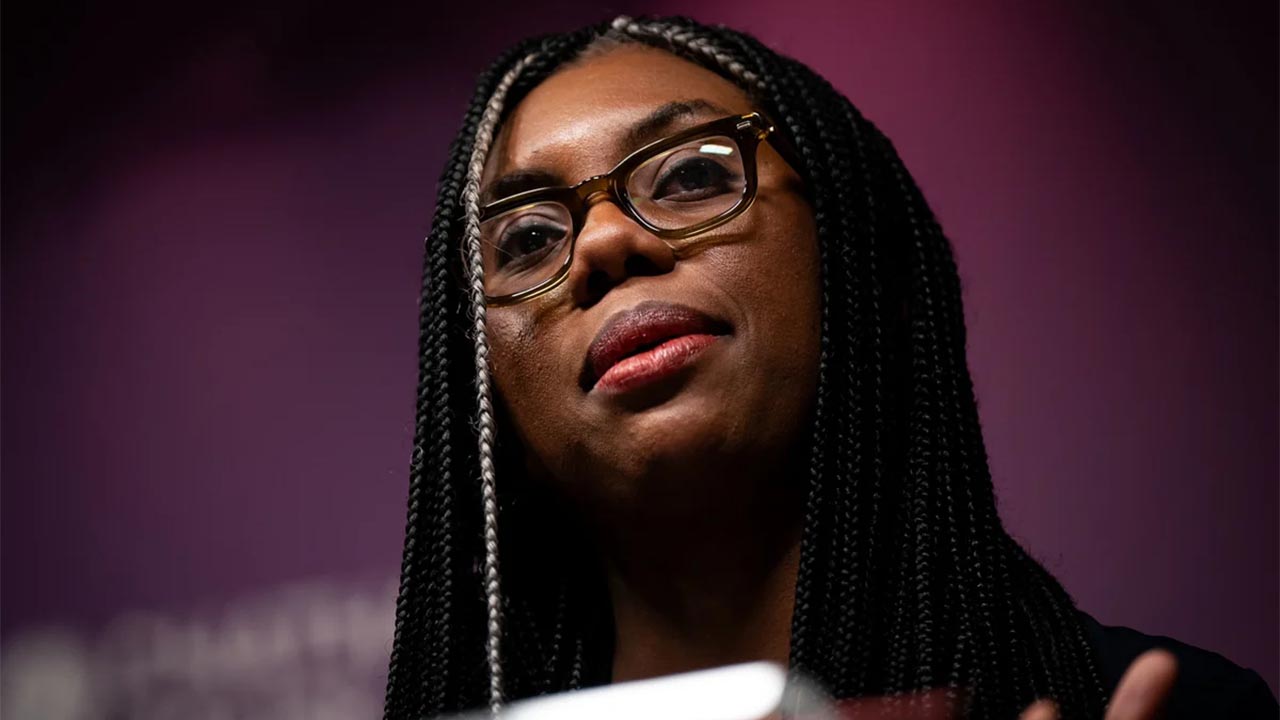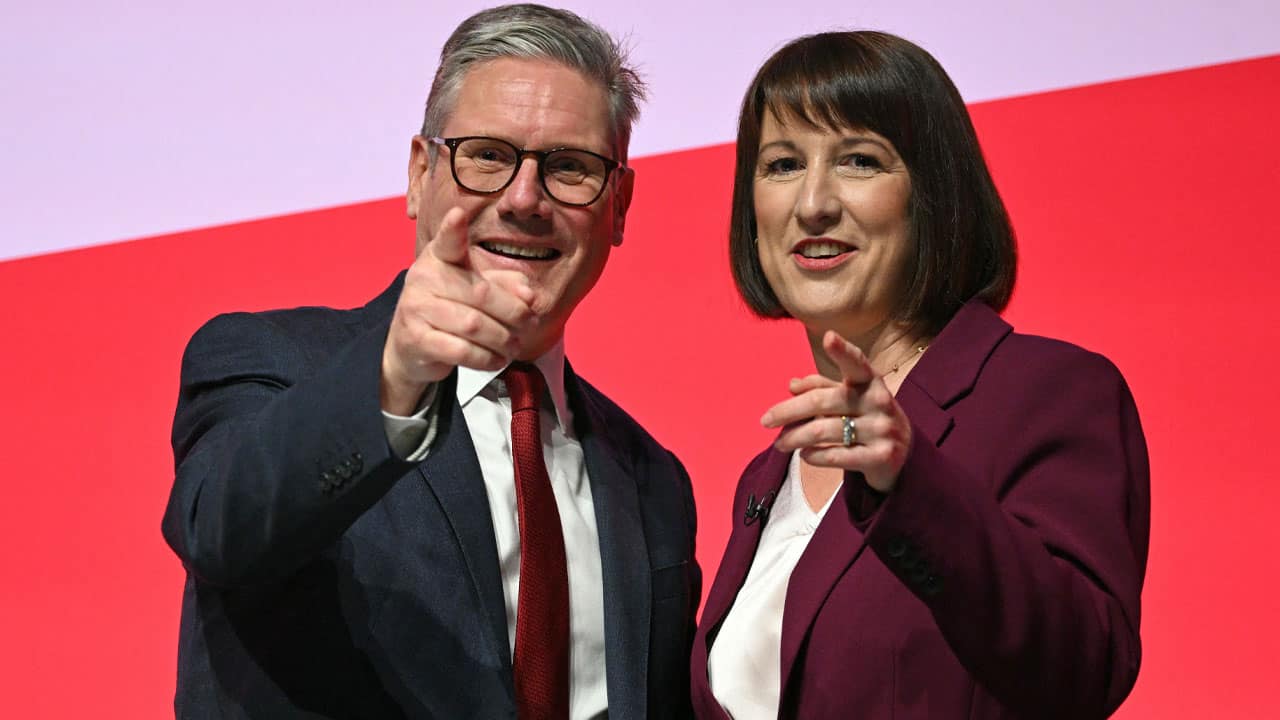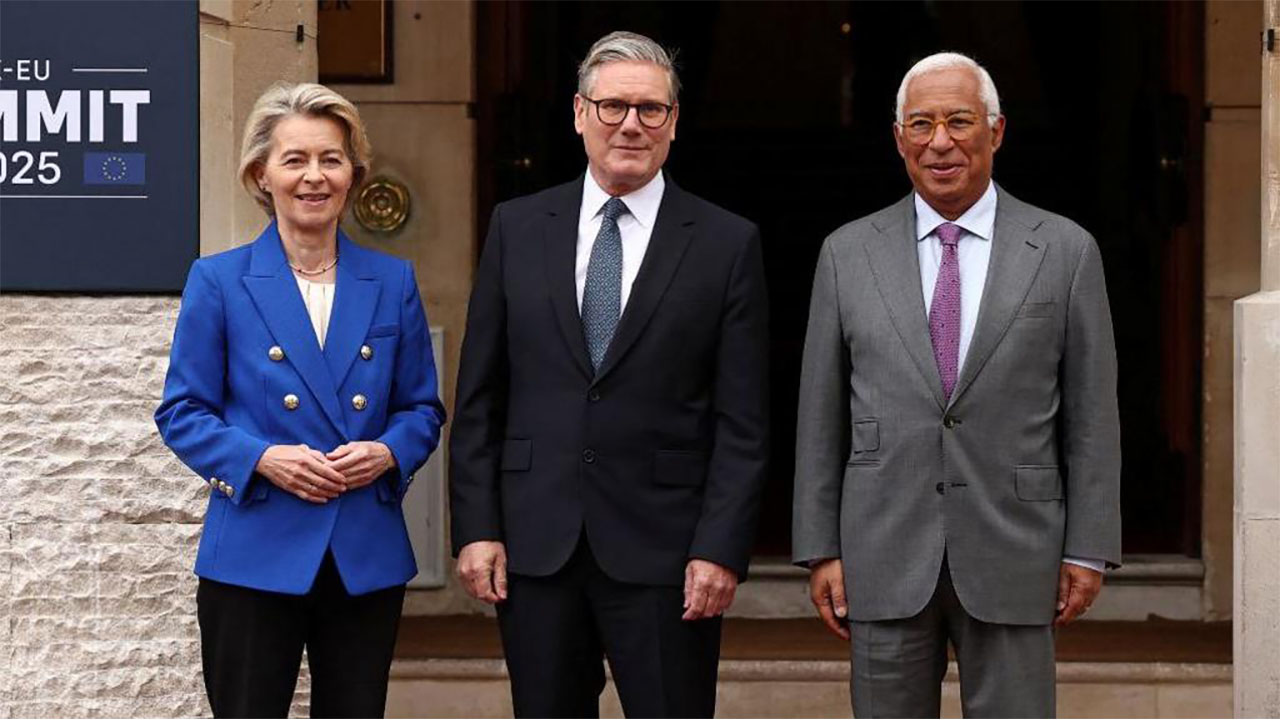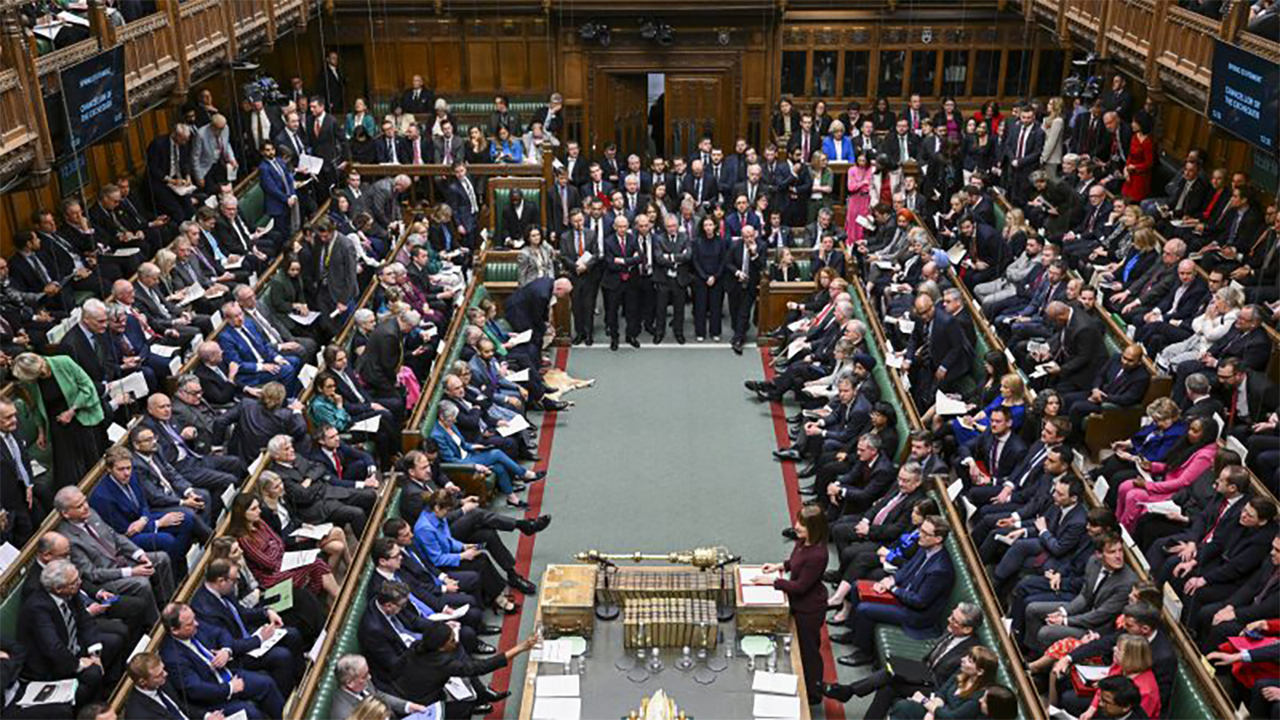As with all budgets the devil will be in the detail. But, at first glance, Rishi Sunak has managed to present a financial statement that, for the short term at least, offers additional revenue for the public sector, an increase in salaries for public sector workers and the low paid, and offer some relief for those sectors hardest hit during the pandemic, namely hospitality and leisure.
The Chancellor didn’t spell out a strategic vision for UK Plc, but then he probably doesn’t feel the need to. In the modern political world, seven hours, never mind seven days, is a long time.
For traditional low tax, minimal state intervention Tories, the budget will have been heresy. Conversely, for Labour, their charge that the government is only replenishing public sector services that previous Conservative administrations butchered, will not bother Boris Johnson one jot. Indeed, in this regard, THE Prime Minister got his retaliation in first at his recent party conference with a ‘plague on all your houses’ review of all government performance over the past twenty years.
A levelling up fund, a significant investment into northern transport infrastructure via mayors and Combined Authorities, additional cash for skills and training, and business rate relief will provide the Chancellor a positive set of headlines in the days to come.
Is this positivity sustainable or not? That will very much depend on whether the economy performs as Sunak hopes or as some economists’ fear. Continued hikes in inflation, taxes, and weak, if any, growth will leave Sunak’s optimism looking more hubristic than fantastic.
Of course, if an early General Election is called, then the country’s economic performance in the medium-term may not matter as far as the government’s electoral fortunes are concerned. So, don’t rule out a 2022 or early 2023 poll.



